Farmers who are flouting nitrates regulations have been accused of doing “immense reputational damage” to the industry by Department of Agriculture secretary general Brendan Gleeson.
He said greater co-operation between the Department and local authorities was on the cards as part of a crackdown on those not complying with nitrates rules.
Likening the actions of a minority of farmers to those who smoke in other peoples’ houses, Gleeson promised greater enforcement of existing regulations as part of an overall clampdown.
“From the control point of view, the Department’s function here is to take cross-compliance reports from the local authorities. But we do need a more joined-up control function between the Department and local authorities. It is really important that we do that,” he said.
Change
The farm sector needed to “change the direction of travel” on water quality in order to build a “defensible case” regarding the nitrates derogation, Gleeson explained.
The practices of a minority of farmers have to be viewed in this context, he said.
“The actions of a small few are doing immense reputational damage to the sector and that has to be unacceptable to everybody.”
Gleeson was speaking on a webinar entitled The Changing Face of Agriculture which was organised by the Ludgate Hub in Skibbereen, Co Cork.
On Brexit, Gleeson did not rule out further assistance for the farm sector, but he argued that it was difficult to make a case for the industry given the high commodity prices this year.
Unlike the fishing industry which had suffered an “immediate hit” from Brexit in terms of quota reductions, there had been no “demonstrable impact” on farm incomes, he argued.
But Gleeson did concede that the “process of reflection” on the Brexit Adjustment Reserve Fund was “not concluded”.
However, he admitted that no specific proposals regarding the Brexit support package, which has a budget of €1bn, had been received by the Department from the farm organisations.
Grassland
Meanwhile, the carbon sequestration potential of grassland was the focus of Dr Dario Fornara’s presentation to the webinar.
The research scientist, who works with the Agri-Food and Bioscience Institute in Belfast, said that while carbon sequestration levels from grassland can vary greatly, it generally averages around 0.8t/ha/year.
He said these levels can be increased by liming – in no-peat soils – and by the adoption of multispecies swards.
Dr Fornara said a number of “benchmark sites” should be chosen to establish, on a long-term basis, the extent to which grasslands in different areas and under different management systems sequestered carbon.
Offsetting emissions
In other presentations, the IFA’s Harold Kingston asked why farmers could not get the benefit from offsetting carbon emissions on their own farms.
He also took issue with the manner in which farmers’ opinions on climate change were maligned on social and mainstream media.
A presentation on the progress of a Sustainable Innovation Pilot (SIP) in the Dingle Peninsula was also included in the webinar.
The project, which is funded by the EU’s Ploutus programme and is directed by the Dingle Creativity and Innovation Hub, has so far rolled out sensory technology to six farms and will extended this to 30 others. The aim is to achieve greater carbon efficiency, as well as cost and labour efficiency, through technology adoption.



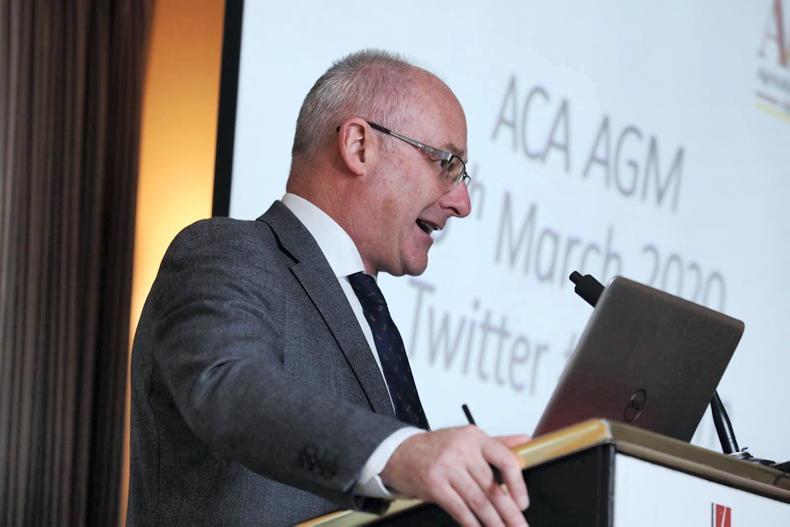

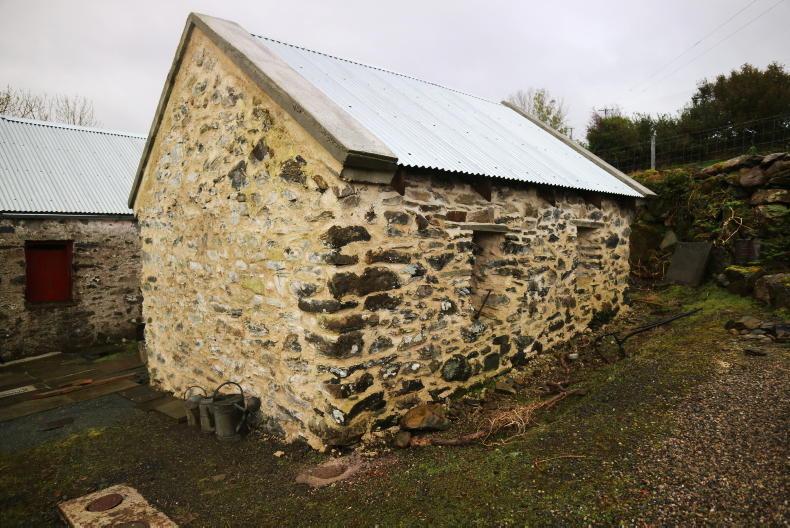

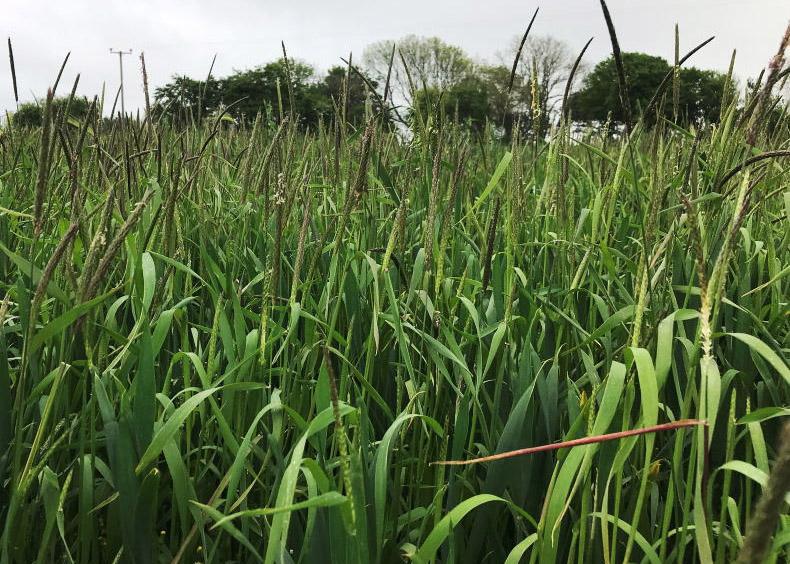
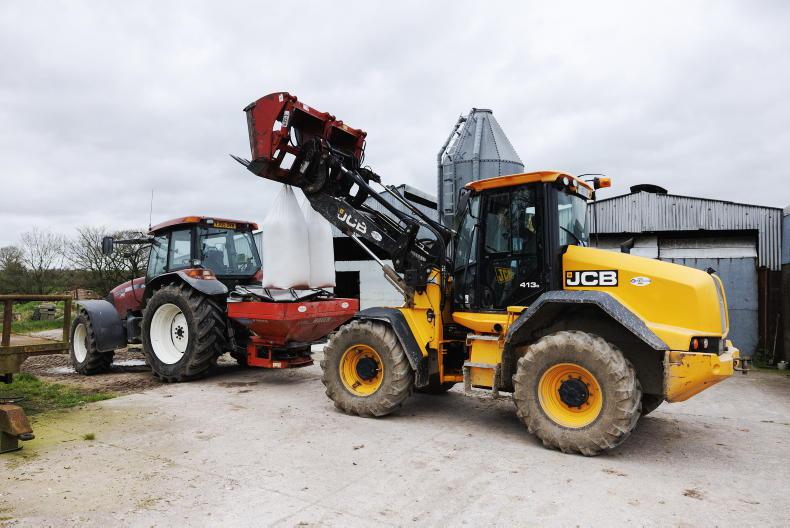
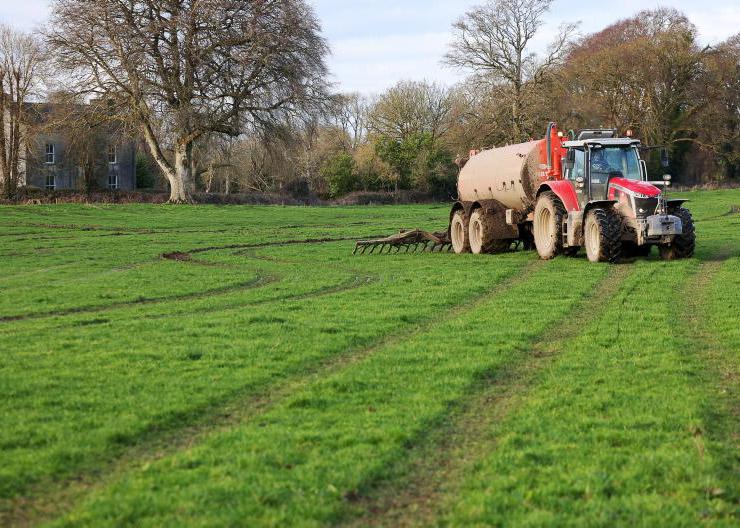
SHARING OPTIONS